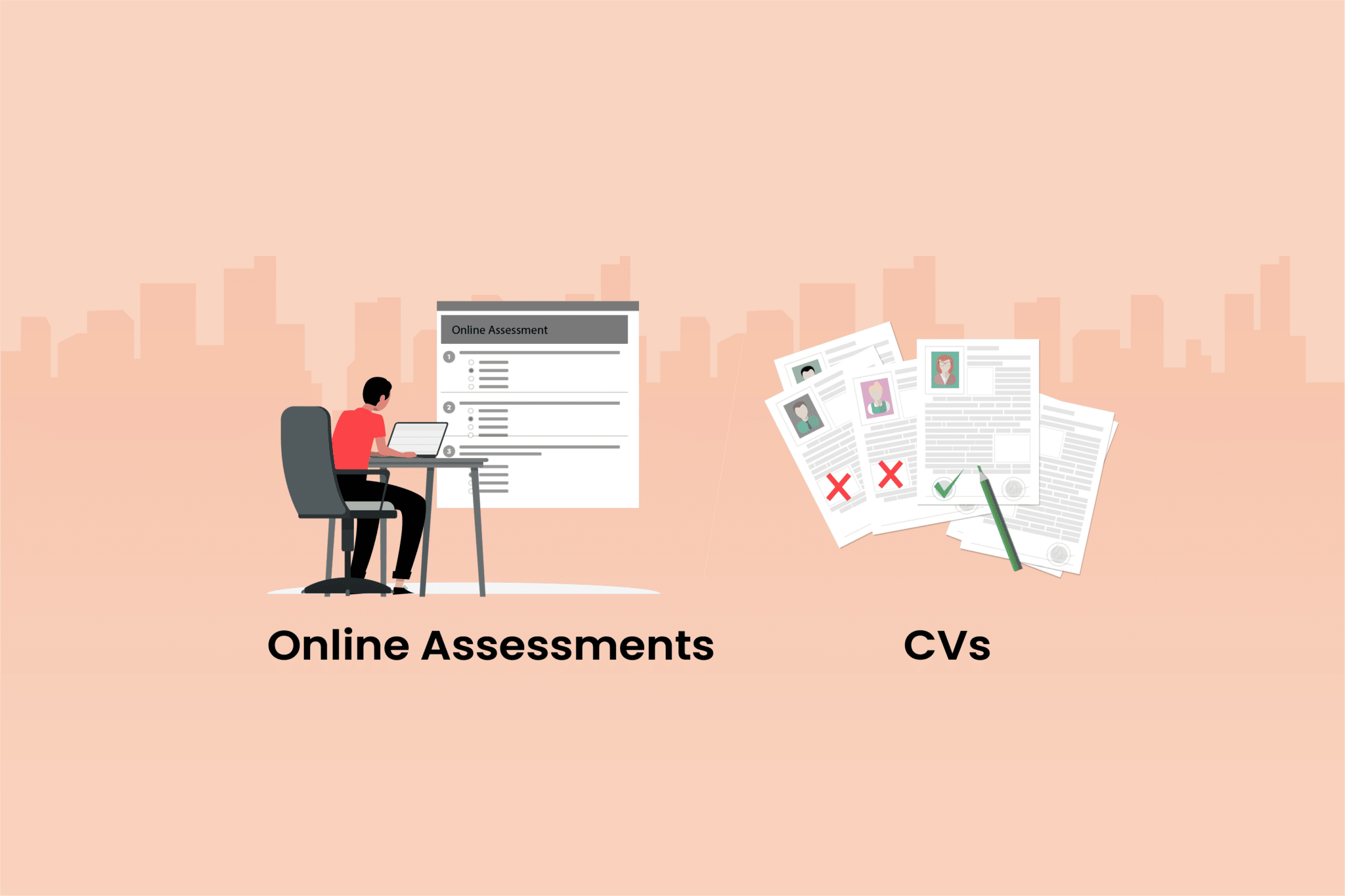Recruiting top-tier technical talent, like Java developers, is essential for every company looking to succeed in today’s competitive employment market. But it’s not always easy to find people who have the right set of skills and experience. Many firms are using Java code exams as part of their recruiting tactics to make the process easier and to make sure that candidates have the necessary Java programming skills. Candidates’ problem-solving, algorithmic thinking, and Java programming skills may be realistically evaluated with the use of Java code tests. Candidates’ coding skills, problem-solving techniques, and coding styles might be better understood when employers give them coding tasks that are related to the position for which they are applying.
Using Java code testing as part of your hiring strategy? This article will show you how to do it well.
Understanding the role of Java developers
Java developers are experts in overseeing the whole program’s lifetime, beginning with conceptualization and ending with testing. They usually work for big companies that have a lot of complicated software needs.
Every day, Java developers carry out a wide range of jobs in addition to their more general duties. Included in this category are activities such as writing and debugging Java code, collecting requirements for software applications, working with coworkers to identify effective methods of job completion, and generating documentation to back up implemented code.
Another way to look at it is that there are several stages in an application’s lifetime when a Java Developer is responsible for different things. A software application’s architecture and a comprehensive strategy for its development are created by Java Developers during the design phase. During the implementation phase, they put pen to paper to create the application’s functional code. During testing, Java developers check if the software works as expected, find and repair any errors, and make sure it’s release-ready.
The knowledge and experience of Java Developers are essential to successfully creating complicated programs, making them an integral part of any software development team. Due to the cross-departmental nature of their work, they must be very communicative, capable of working both alone and in a team, and have strong problem-solving abilities.
Required skills
- Competence in the Java programming language: Developers specializing in Java should be well-versed in the language’s syntax, capabilities, and recommended practices.
- Framework knowledge: Improve your developer efficiency and productivity by learning popular frameworks like Spring, Hibernate, and JavaServer Faces.
- Software engineering for the web: Java programmers should be well-versed in creating web apps with Java technologies such as JavaServer Pages (JSP) and Java Servlets.
- When it comes to databases, Java developers must have a strong grasp of SQL, database architecture, and database management systems in order to store and retrieve data effectively.
- Systems for controlling versions: When engineers are proficient with Git and other version control systems, they are better able to interact with colleagues and manage code changes.
- You can build a team capable of creating high-quality, scalable software by hiring Java developers with these essential talents and responsibilities.
Enhancing your recruitment strategy with Java Code Tests
Efficiently evaluating a candidate’s coding abilities is critical in the cutthroat world of tech recruiting. Adding Java code tests to the hiring process may completely transform the game for firms looking to hire Java professionals. Examining a candidate’s problem-solving methodology and coding style with their technical skills is what these assessments are all about. This post will discuss the best practices for incorporating Java code testing into your hiring process.
Clearly outline the technical skills and qualifications
This is an essential first step before developing Java code testing. Give some thought to the particular frameworks, languages, tools, and technologies that are pertinent to your team’s and projects’ needs.
Create practical code challenges:
Think like the Java developers at your company and create a collection of code challenges that mirrors the things they do and the situations they face in the real world. All the major ideas, data structures, algorithms, and approaches to solving problems in Java should be covered in these tests.
Select an appropriate evaluation environment:
Think about using an application tracking system (ATS) integration, HackerRank, CodeSignal, LeetCode, or any online platform that is specifically designed for code exams. Automatic grading, plagiarism detection, and in-depth statistics on performance are some characteristics to look for.
Provide detailed instructions:
Let applicants know what to expect from the Java code tests and how the exams will be structured. Give out specifics like how long the exam will be, what programming languages are acceptable, how to submit your work, and any other limitations or criteria.
Appropriately set time limitations:
Take into account the complexity of each coding task and the abilities being evaluated to establish suitable time limitations for finishing them. Make sure the evaluation procedure is quick while yet giving candidates adequate time to demonstrate their skills.
Establish objective criteria for evaluating code contributions:
Specify objective criteria for evaluating code contributions, such as accuracy, efficiency, readability, modularity, and compliance with coding standards. To ensure fair and consistent evaluations, it is helpful to create a scoring system or rubric.
Integrate tests into recruitment workflow:
After the first round of resume screening or before technical interviews, for example, incorporate Java code testing into your recruiting workflow as a strategic step. Shortlist candidates for further examination and decision-making based on the results of the code tests.
Give candidates constructive feedback:
After candidates submit code, give them criticism that identifies their strengths, places they may improve, and possibilities for growth. Give candidates the tools they need to succeed by encouraging them to ask questions and offering assistance when they need it.
Combine with other assessment methods:
To get a more complete picture of a candidate’s skills, it’s a good idea to combine Java code tests with other assessment methods. These could include behavioral interviews, technical interviews, pair programming exercises, portfolio reviews, and technical interviews.
Constantly evaluate and enhance:
Take the time to go over the comments made by applicants, hiring managers, and recruiters and make adjustments to your Java code tests accordingly. Check how well the exams indicate how well candidates will do on the job, and tweak them if needed to make them more accurate predictors.
Conclusion
Following these steps will help you find and evaluate the best Java developers for your company by integrating Java code tests into your hiring process. Your ability to recruit qualified Java experts and put your company on the path to success depends on your evaluation process, so make sure it’s well-designed and easy to use. Unlock your cognitive potential with Testlify’s comprehensive Java code tests! Assess your problem-solving skills, pattern recognition, and logical reasoning abilities to excel in your career.








